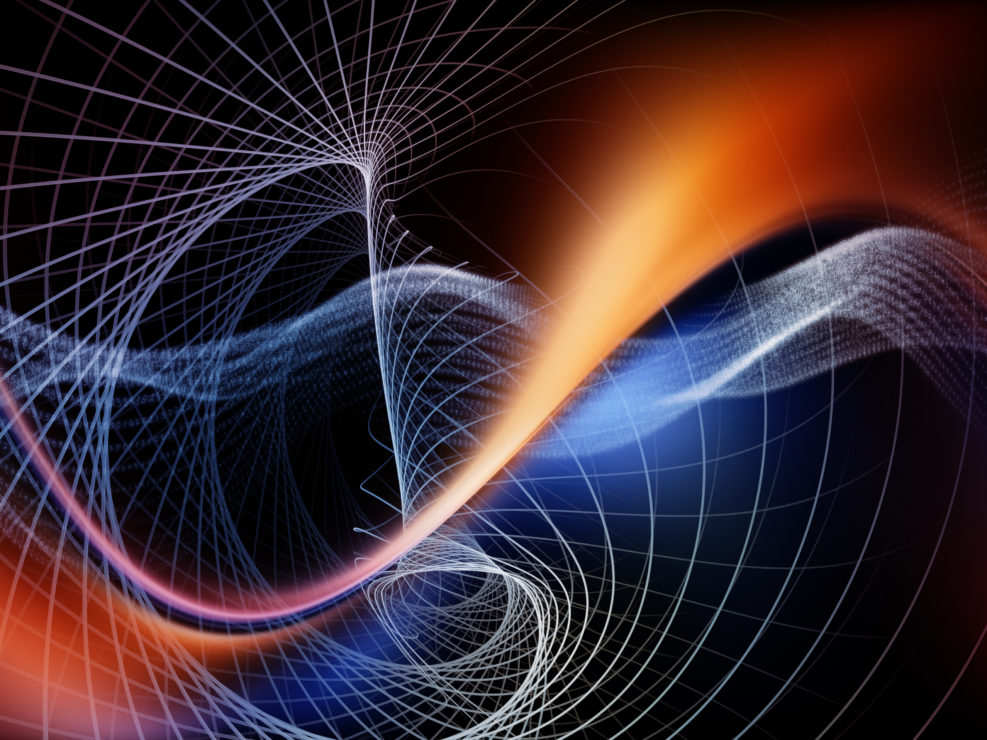
The Battle Over the Human Mind Split Two Great Thinkers
Charles Darwin opted for a materialist model; his co-theorist Alfred Russel Wallace insisted that the mind was not just the brainCharles Darwin (1809–1882) and Alfred Russel Wallace (1823–2013) share the credit, technically, for the theory of evolution by natural selection but Darwin became the icon. One reason they parted ways was that Wallace did not agree with Darwin that the human mind was simply an organ that evolved naturally, like any other. There had to be something more to it. Philosopher Neil Thomas explains: In his older years Wallace came to reject natural selection as an explanation for the unfurling of all human and even animal life. By then he had transitioned towards the espousal of a form of natural theology; but his initial and gravest misgiving in the 1860s was focused four-square on the mystery of how the human Read More ›


















